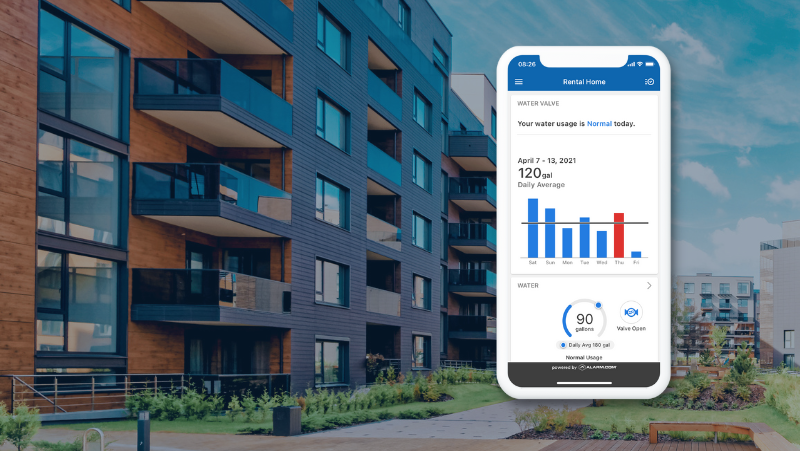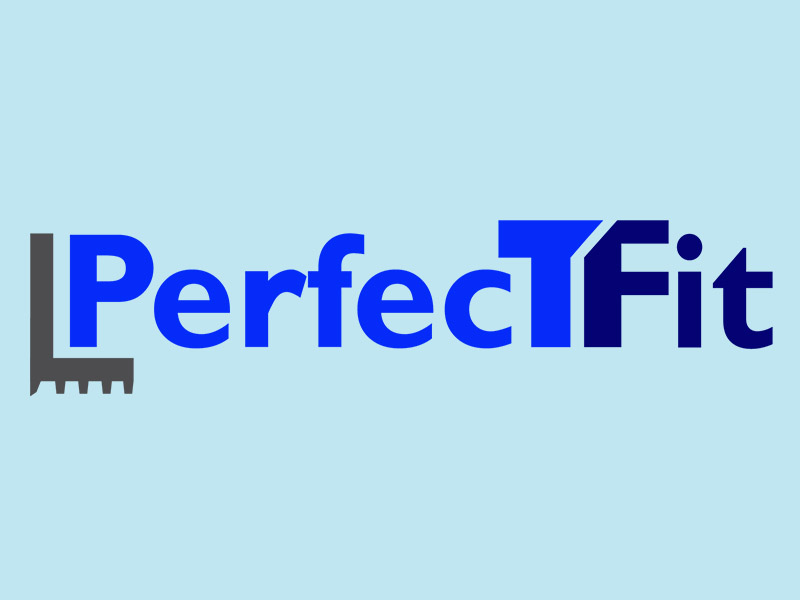Changes over the last three years have been profound, with COVID accelerating how innovative technology is used in homes and with mass adoption of tech in the multifamily space.
With today’s economic backdrop being so uncertain with raised interest rates, inflation and rising prices, this adds additional pressure to the bottom line for multifamily operators facing lower rental rates and rising operating costs.
Key themes for multifamily operators over 2023 will be how considering automation can help to address rising costs and provide greater efficiencies. In addition, an increased focus on resident retention will be essential with lowering rents and a more transient rental market. Technology use for evaluating the redeployment of staff within multifamily communities can offer maximum value, which will also be a theme.
Overall, adapting your multifamily business through technology will be the number one trend in 2023, and within this lies a huge opportunity.
Here is my take on the five technology trends we will see in multifamily through 2023:
1) Automation vs. Economic Challenges
Economic pressures will continue to drive property managers toward proptech that reduces operating costs through energy savings and efficiencies. The investment will include technology that automates day-to-day processes, such as communication devices, smart access solutions, and home monitoring systems (smart thermostats, HVAC, water, etc.).
According to a report from Zego, in 2021, the average cost of losing a resident was $3,850. Multifamily operators who invest in automation technology for access, home monitoring, and guest communication can reduce resident churn costs and energy costs. Investment in smart rental automation can free up time allowing staff to focus on other high-impact tasks and scale the scope of their jobs across multiple properties.
2) Water Management
According to the Environmental Protection Agency, up to 10% of properties in the US have water leakss which waste more than 90 gallons a day.
In 2023, interest in connected, smart water management solutions will expand rapidly. Whether it’s a simple leak detection device, an automated water shut-off valve, or a monitor for water flow, operators understand the financial impact that these devices can have in multifamily buildings.
As the adoption of devices grows, the analytics from the devices will only improve, leading to more intelligent automation, reductions in water waste, enhancements in community billing, and more active participation of third parties, such as insurance providers, in quantifying the cost savings.
3) Resident Experience
In 2023, there will be a continued push toward elevating the resident experience through proptech in the multifamily housing sector. In fact, according to the Zego report, “modern living features are the top reason renters renew their lease.” Desirable modern living features include the building’s technology, unit features and facade of the community. The more outdated your community, the less likely you will retain residents who are looking for a seamless living experience.
Providing smart home options that have historically only been available in owner-occupied single-family homes will greatly delight residents and upgrade their experience. Eight-two percent of residents want at least one smart home tech device in their rental, according to Rent.com.
4) Curated Tech Stacks
The multifamily industry is moving towards curated tech stacks to solve the difficulties which sometimes come up with tech integrations between various software platforms. Rather than just focusing on ‘point’ solutions, having all IoT in one place will be critical. If the goal is to activate self-service leasing, your tech stack may include access control, CRM solutions, and leasing AI.
Streamlining tech to optimize efficiencies and performance will be vital in 2023. Integrated IoT tech is the future and will allow operators to create a bespoke tech stack in line with their goals.
5) Consolidation & M&As
With the rapid increase in proptech in multifamily in recent years, we’ll inevitably see an uptick in M&As between property tech companies as they consolidate solutions. Property managers will also seek to reduce solutions and refine their tech stacks as they face ongoing economic challenges.
Companies with solid balance sheets will look for value-buying opportunities, and companies with runway constraints or high growth dependence will look for stability. It’s more important than ever for property operators to consider the financial strength and longevity of the companies they partner with for technology solutions.
Conclusion
2023 may be a little rocky as multifamily operators face numerous economic challenges. More savvy property managers will invest in proptech to reduce operating costs through energy savings and efficiencies, including communication tech, intelligent access solutions, water management, and home monitoring systems. As the multifamily tech market matures, more consolidation and M&As will occur, and property managers will refine tech stacks. Retaining residents will become center stage, meaning the technology will free up staff to focus on creating resident satisfaction. It’s going to be an exciting year.








